Turkey Bacon: Is It Healthy?

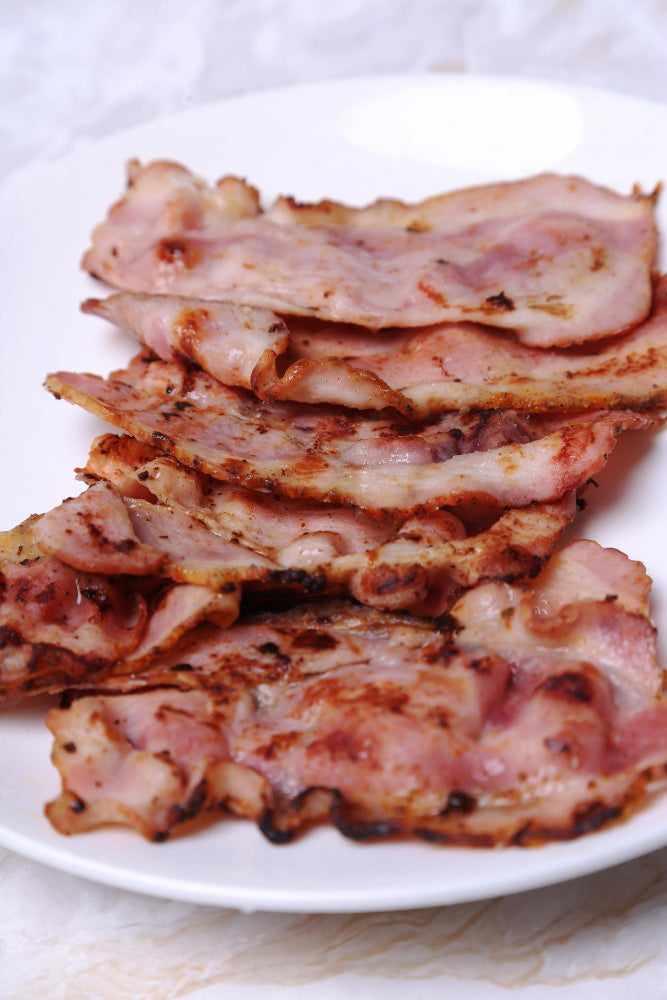
Related products

Is Turkey Bacon Healthy?
Yes, compared to traditional pork bacon, turkey bacon is considered healthier. However, it is important to take into account that moderation is almost always key. Whether you’re trying to eat healthier or just looking to switch up your diet, turkey bacon is a good option to consider. Let’s go into the nutritional aspects, health benefits, and potential drawbacks of turkey bacon, to help you decide if turkey bacon is healthy and right for you.
What Is the Nutritional Profile of Turkey Bacon?
Turkey bacon is often considered a healthier option due to its lower fat content compared to regular pork bacon. The breakdown per 100 grams of turkey bacon is the following:
Turkey Bacon Nutrition (per 100g):
| Calories | 382 kcal |
| Protein | 30 g |
| Total Fat | 28 g |
| Saturate Fat | 8 g |
| Cholesterol | 98 mg |
| Sodium | 2,285 mg |
| Total Carbohydrates | 3.1 g |
| Sugars | 0 |
| Dietary Fiber | 0 g |
*Percent Daily Values are based on a 2,000 calorie diet. Your daily needs might be different based on your personal calorie requirements.
Pork Bacon Nutrition (per 100g):
| Calories | 541 kcal |
| Protein | 37 g |
| Total Fat | 42 g |
| Saturate Fat | 14 g |
| Cholesterol | 110 mg |
| Sodium | 1,717 mg |
| Total Carbohydrates | 1.4 g |
| Sugars | 0 g |
| Dietary Fiber | 0 g |
*Percent Daily Values are based on a 2,000 calorie diet. Your daily needs might be different based on your personal calorie requirements.
"The reduced fat content in turkey bacon can be beneficial for those managing cholesterol levels or looking to lose weight," notes Dr. Maria Roberts, a nutritionist at the Health and Wellness Centre in London. Although turkey bacon has fewer calories than pork bacon, it is important to consider the overall nutritional value of each bacon.
Generally, turkey bacon has more sodium than traditional pork bacon, which can still be worth it for some. However, the higher sodium may be a problem for those with hypertension, find out the Signs and Symptoms of High Blood Pressure, or looking to reduce their sodium for other health reasons.
A slice of turkey bacon contains about 200 milligrams of sodium, while pork bacon contains around 190 milligrams, as found in data from the U.S. Department of Agriculture (USDA). "While the difference might seem negligible per slice, cumulative intake can significantly impact daily sodium consumption," says Dr. Roberts.
Health Benefits of Turkey Bacon
The main health benefits of turkey bacon are the reduced calories and reduced saturated fat. The reduced saturated fat from turkey bacon helps those with heart conditions or concerns, as limiting saturated fat intake to 5-6% of total daily calories can help reduce the risk of heart disease, according to the American Heart Association. Saturated fats are known to contribute to cardiovascular diseases and switching out high saturated foods with lower ones can help lower the risks of these conditions.
Turkey bacon is a good substitute for not only those looking for a healthier option but also those with religious restrictions or even just for personal reasons. Turkey bacon is a good protein source, providing 30 grams of protein per 100 grams. Pork bacon or other meats can be switched out with turkey bacon if one is looking for a replacement with lower fat and protein. "Incorporating a variety of protein sources, including poultry-based products like turkey bacon, can enhance the nutritional quality of one's diet," as stated by Dr Emily Watson, a dietitian at the Royal Hospital.
Potential Drawbacks of Turkey Bacon
Although turkey bacon has various health benefits, it also comes with its drawbacks such as high sodium, preservatives and additional additives. As mentioned before, high sodium intake is known to be related to health risks, including kidney disease and hypertension. Excessive sodium intake is linked to increased blood pressure and a higher risk of cardiovascular events, as found in a study published in the Journal of the American Medical Association.
Another drawback to turkey bacon is that it contains preservatives and additives, such as nitrates and nitrites, which are used to enhance flavour and extend shelf life. The World Health Organization has classified processed meats containing these additives as Group 1 carcinogens, associating them with an increased risk of colorectal cancer.
"Consumers should be aware of the ingredients in processed meats and consider limiting their intake of products containing nitrates and nitrites," as advised by Dr. John Hamilton, an oncologist at St. Mary's Hospital.
People Also Ask
Can you get turkey bacon in the UK?
Yes, you can get turkey bacon in the UK, at your local grocery store or online, for example you can buy Ambry Free Range Turkey Bacon 150g at Lidgate.
Can Muslims eat turkey bacon?
Yes, Muslims can eat turkey bacon as it does not contain pork, however, it must be certified halal.
What is the healthiest bacon?
The healthiest bacon option typically is uncured, nitrate-free bacon made from lean cuts such as turkey bacon with no added sugars or preservatives.
Conclusion
Switching out your morning bacon to turkey bacon may be an overall better and healthier option for more people, however, it is important to take into consideration each individual’s needs. For example, for those with preexisting conditions and possible health risks related to high sodium may prefer to keep away from high sodium foods like turkey bacon.
However, if you are looking for a lower-calorie replacement for regular pork bacon or other high-calorie foods, then turkey bacon could be a good choice for you. Turkey bacon is considered a slightly healthier option than pork bacon when eaten in moderation.
If there are any health concerns or questions about your diet, it could be beneficial to consult a professional, whether that be a GP, nutritionist or dietitian, as they are able to provide further guidance. Continue reading for our Top 9 Egg Breakfast Ideas that can help you with new recipe ideas for a well-balanced meal.







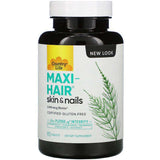
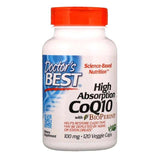

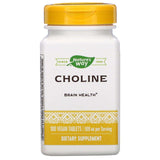





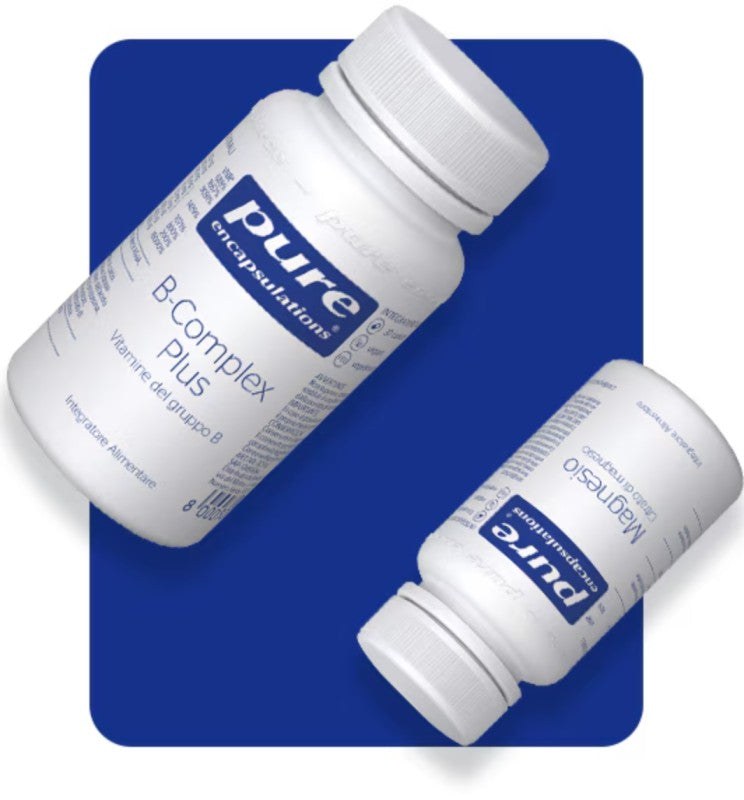
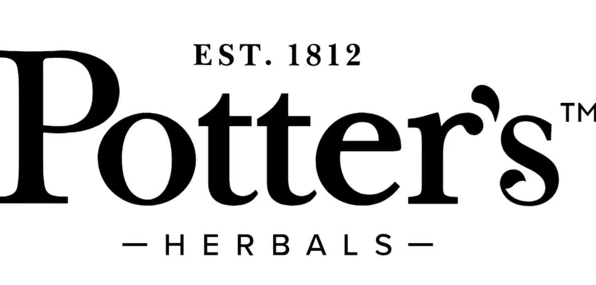
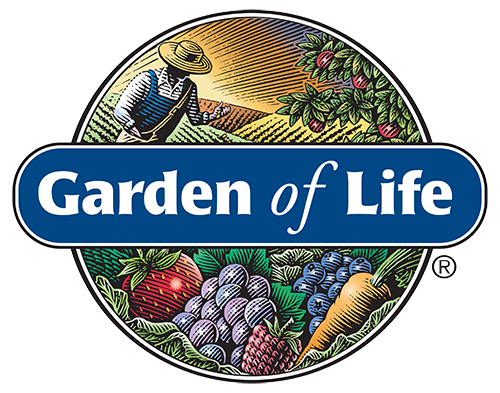
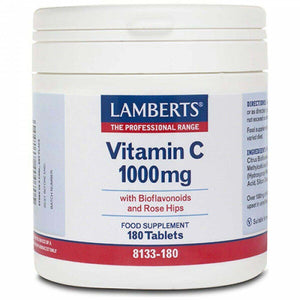



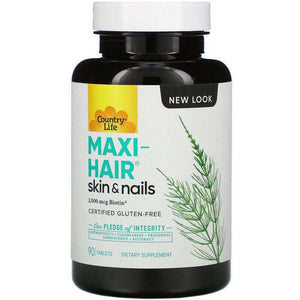
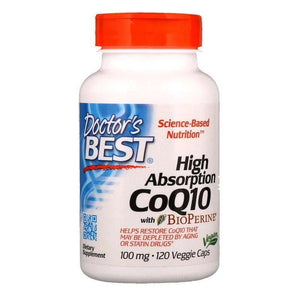
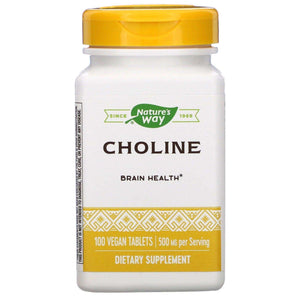








 Rated Excellent by 26,523+ Reviews
Rated Excellent by 26,523+ Reviews